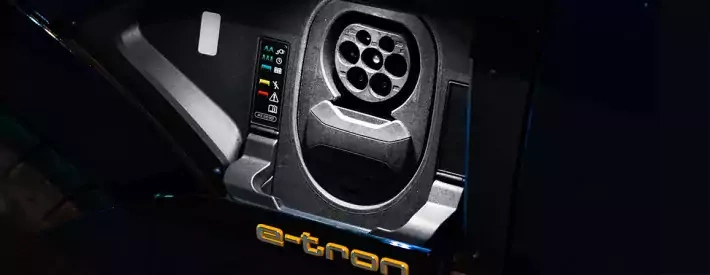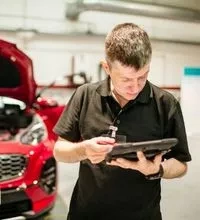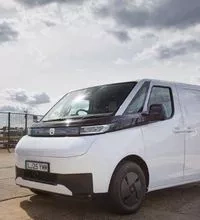How to get ready for the electric revolution

In this article: Vehicle technicians who aren’t trained to service EVs are putting themselves at risk. The need for relevant training has never been greater
Nearly 20% of all new cars that joined UK roads last year were either fully electric or
plug-in hybrid vehicles. In the first six months of this year alone, registrations for pure
EVs were up 86% on 2019. And in January, the Department for Transport doubled its EV charging-point fund to £10m in a bid to encourage the wider adoption of EVs.
However, in an industry which has been beset by a widespread skills shortage for several years, there is a serious shortfall in the number of vehicle technicians sufficiently trained to service electrified vehicles.
It is paramount that vehicle technicians are correctly trained, not only in order to instil consumer confidence, but also to guarantee their own safety. Putting it bluntly, if vehicle technicians are not adequately trained, it’s just a matter of time before somebody, operating without the right knowledge or skills, puts a spanner in the highvoltage works.
Duty of care
While there is sufficient training readily available to make vehicle technicians at the very least electric- and hybrid-aware, it isn’t generally regulated by the government.
This lack of enforcement means that independent garages in particular, which are already feeling increased pressure given their high workloads and a lack of skilled technicians, are largely unwilling to send their employees on training courses for even a day due to the loss of revenue that results from having empty bays.
This lack of investment, of both time and money, is unfortunately short-sighted. If untrained employees are injured while working on highvoltage vehicles, employers are liable. That’s why the IMI’s TechSafe™ standard offers vehicle technicians a way to certify their EV competence through IMI-accredited training, complying with the Electricity at Work regulations.
Now, with more and more manufacturers pledging to go all-electric, and, thanks to increased pressure from several bodies – including the IMI’s TechSafe™ Sector Advisory Group – EV training will eventually be regulated.
It’s vital that independent garages get on the front foot and make this training a priority. At Autotech Recruit, we’ve already pledged to ensure that every temporary vehicle technician and MOT tester in our network is EV and hybrid-aware by 2021.
Keep ’em learning
Of course, the ongoing training of vehicle technicians should be a key objective across the entire automotive aftermarket. The rapid acceleration of the industry has left parts of the workforce lagging behind when it comes to keeping their skills up to date, and the only way that the current workforce can sustain their roles is to train.
Provision is available to ensure that all vehicle technicians have access to indepth, high-quality technical courses on key vehicle components to build a fix-first time mentality. These can be delivered on-site or virtually to save businesses time.
Much is now being done to ensure that the industry has a pipeline of talent to sustain it in the years ahead, namely by putting the future skills requirements of vehicle technicians firmly on the agenda with government and educators alike. That’s all well and good, but we also need to ensure that all this “future-gazing” is reflected in the learning strategy of each and every automotive business to safeguard vehicle technicians already working in the industry today.
In practice, this means that everyone within the business should hold a level of responsibility, regardless of their position, to ensure that they have the relevant skills to service vehicles effectively, particularly as the number of electric, hybrid and autonomous cars continues to rise.




